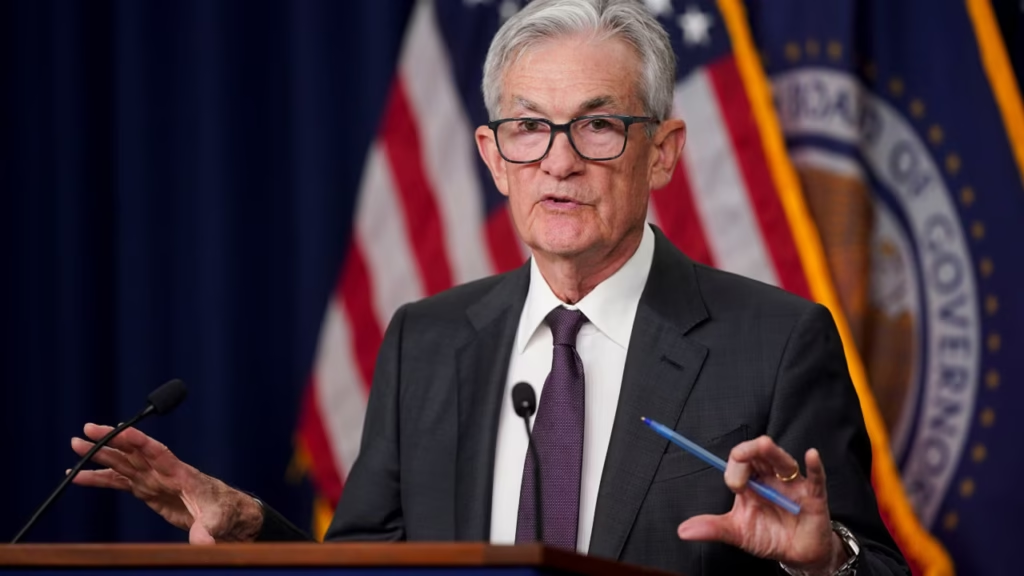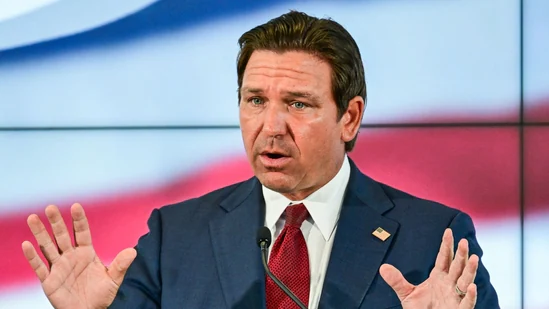Now Reading: BJP Criticises Rahul Gandhi for Skipping Vice President’s Swearing-In Ceremony
-
01
BJP Criticises Rahul Gandhi for Skipping Vice President’s Swearing-In Ceremony
BJP Criticises Rahul Gandhi for Skipping Vice President’s Swearing-In Ceremony

The absence of Congress leader Rahul Gandhi at the swearing-in ceremony of the new Vice President has drawn sharp criticism from the Bharatiya Janata Party (BJP). The event, attended by top leaders, was seen as a significant constitutional moment, and the BJP questioned Rahul’s decision to stay away from it.
The BJP argued that occasions like the Vice President’s oath-taking transcend party politics and should be respected by all leaders. According to the party, Rahul’s absence signals disregard for democratic traditions and the dignity of constitutional institutions. Leaders from the ruling camp suggested that such gestures weaken the idea of bipartisan respect in India’s political culture.
Congress, however, has not given an official explanation for Rahul’s absence, leaving room for speculation. Party insiders indicated that internal strategy or prior commitments could be reasons, but no formal comment was made. Political observers note that while attendance at such events is not mandatory, it carries symbolic weight, especially for leaders with national stature.
For citizens, particularly in smaller towns and cities where politics is closely followed, these developments highlight the ongoing tussle between the two major parties. Many see it as another reminder of how deeply divided Indian politics has become, even in matters of ceremony and protocol.
The episode underlines how symbolic gestures, like attending constitutional ceremonies, can quickly turn into political flashpoints. With the BJP sharpening its criticism and the Congress maintaining silence, the issue is likely to remain a talking point in the coming days.

























